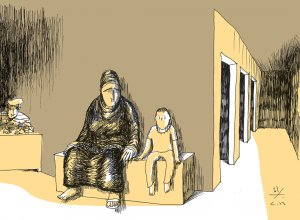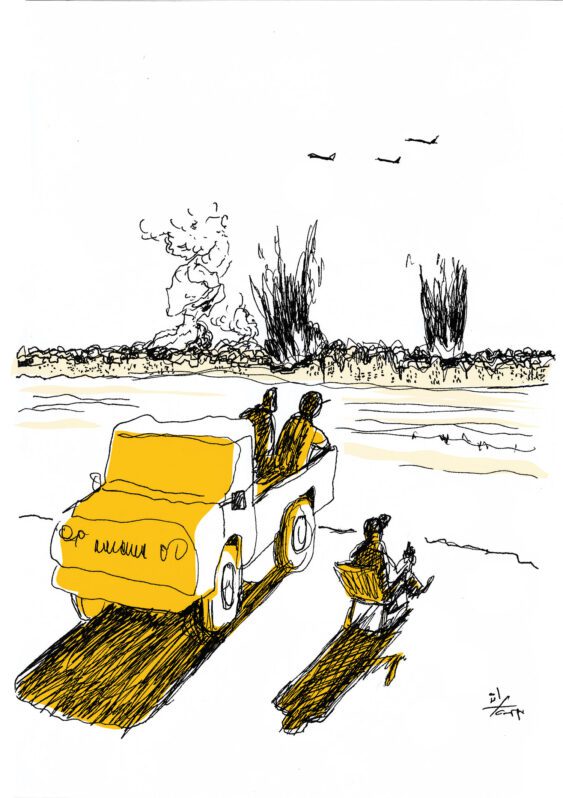Human Trafficking Law in Lebanon: A Lay of the Land

The busting of a prostitution ring in Lebanon last March raised a fundamental question about the extent to which the 2011 law criminalizing human trafficking is being applied. What cases have been referred to the criminal courts since that time? What types of exploitation have been prosecuted? How are human trafficking victims dealt with? To answer these queries, The Legal Agenda reviewed the registries of the criminal courts in both Beirut and Mount Lebanon. The review revealed the following: Only 18 cases are pending before these courts, 16 of which are in Beirut, and only 2 of which are in Mount Lebanon. This total does not include cases that are still under investigation or cases that have been resolved. The Legal Agenda was able to acquire the indictments in 13 of the cases, but could not obtain the indictments in the other cases for several reasons. The most common was that the corresponding trials had concluded, and they had consequently entered the deliberation stage preceding the issuance of a ruling.
The cases about which data was obtained can be divided according to the type of the exploitation: 7 cases pertain to the exploitation of minors (3 cases of beggary and vending, 3 cases of exploitation and forced work, and 1 case of beggary), 5 cases pertain to exploitation via prostitution, and 1 case pertains to the exploitation of foreign labor.
Evidently, prosecution of child beggary remains the most common manner in which the human trafficking law is applied. In 5 of these cases, the only person to stand accused is one of the child’s parents. In the other 2 cases, an accomplice also stands accused. In some of these cases, the indictment reveals that the goal of exploiting the minor or putting them to work was to support the family. In 4 such cases, the exploited child is a Syrian national.
Regarding the cases of exploitation via prostitution, 3 out of the 5 are of a familial nature as it is the husband, father, or husband and father together who stand accused. Excluding one case in which 9 women were exploited, all the trafficking cases only involved the exploitation of a limited number of women (1 to 3). Hence, prosecutions against prostitution rings remain rare.
Regarding exploitation via domestic work, the only pending case relates to recruiting female workers and inducing them to leave the employers’ homes, not to the work conditions in and of themselves (i.e., the employer-employee relationship).
Finally, except in the cases pertaining to putting minors to work and forcing them into beggary, the indictments charged all the human trafficking victims with the crime of prostitution, or violating the residency conditions for foreigners in Lebanon. This trend reveals the lack of will to support the victims, or allow them to benefit from the exemption stipulated in paragraph 8 of Article 586 of the Criminal Code. The Legal Agenda also found that the majority of victims encompassed by these cases are Syrian nationals. Eight of the 13 cases involved Syrian victims.
Based on these findings, the law has begun to be applied in some ways in court, albeit rarely. However, these applications mostly target forms of exploitation that are of a familial nature (8 out of 13). The more serious forms of exploitation, on the other hand, remain rare.
This article is an edited translation from Arabic.
Mapped through:
Asylum, Migration and Human Trafficking, Lebanon
Related Articles



